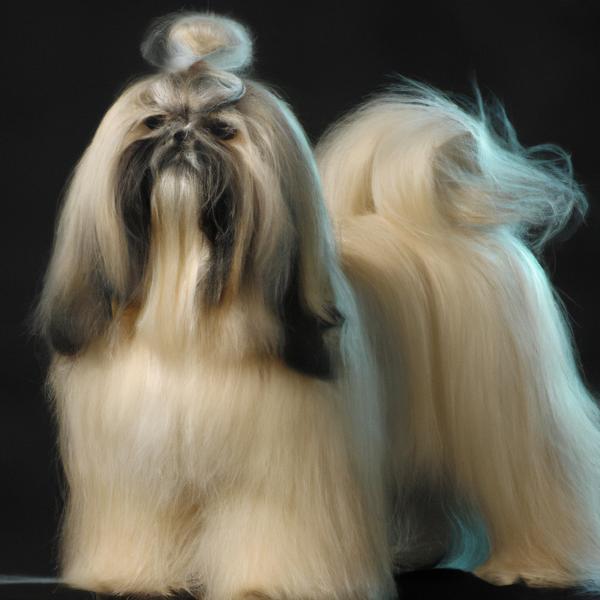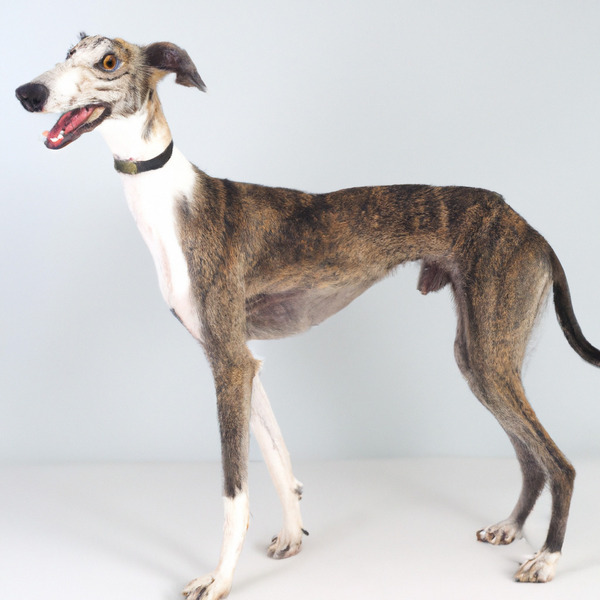Silkese vs. Lurcher: Breed Differences and Similarities
Hypoallergenic
Are Silkeses or Lurchers hypoallergenic, or neither?
While no dogs are truly 100% hypoallergenic, Silkeses are about as close as it gets, making them an ideal pet if you are an allergy sufferer.
Unfortunately, the Lurcher is not hypoallergenic, making it not a good choice for a dog lover who suffers from pet allergies.
Temperament
What are the personalities of Silkese and Lurcher dogs?
Active
Playful
Alert
Intelligent
Friendly
Responsive
Docile
Quick
Gentle
Tempered
Joyful
Sweet
Inquisitive
Easygoing
Affectionate
Funny
Loving
Shedding Level
Do Silkeses shed more than Lurchers, or which breed sheds more, Silkeses or Lurchers?
Silkeses shed very little hair, making them a great choice for those who dislike excess hair in the house.
Lurchers are moderate shedders, but regular brushing can reduce shedding and maintain coat health.
Watchdog Ability
Which dog breed makes a better watchdog, the Silkese or Lurcher?
Avoid Silkeses as watchdogs - they're not effective.
Lurchers make excellent watchdogs - they're vocal and protective of their territory.
Origin
What is the origin of Silkese and Lurcher dog breeds?
Uknown
Great Britain
Ancestry
What are the origins of Silkese and Lurcher breeds?
Silky Terrier and Maltese
Sight-hound
Breed recognition
Which kennel clubs recognize/register Silkese and Lurcher?
ACHC = American Canine Hybrid Club
DBR = Designer Breed Registry
DDKC = Designer Dogs Kennel Club
DRA = Dog Registry of America, Inc.
IDCR = International Designer Canine Registry®
Dog Registry of America Inc.
Date of Birth
When were Silkese and Lurcher breeds first developed?
Unknown
Middle Ages
Eye Color Possibilites
What are the eye colors of Silkese and Lurcher dogs?
Brown
Blue
Hazel
Brown
Amber
Nose Color Possibilites
What are the natural nose colors of Silkese and Lurcher?
Black
Blue
Black
Brown
Isabella
Coat Color Possibilites
What are the natural colors of the coat for Silkese and Lurcher breeds?
Black
Gray
Brown
White
Cream
Brindle
Sable
White
Pied
Silver
Blue
Fawn
Isabella
Cream
Red
Brown
Gray
Black
Coat Length
What is the typical coat length for Silkese and Lurcher breeds?
Silkeses have longer coats compared to most dogs.
Lurchers have medium-length coats.
Coat Density
What is the density of the coat of Silkese and Lurcher?
Coat Texture
What is the hair texture of Silkese and Lurcher?
Straight
Litter Size
What is the usual litter size for Silkese and Lurcher?
A Silkese can have a litter of 3-5 puppies on average. However, it's worth noting that the size of the litters can vary greatly. Factors that can influence litter size include the health of the mother, breeding history, and genetics.
A Lurcher can have a litter of 12-14 puppies on average. However, it's worth noting that the size of the litters can vary greatly. Factors that can influence litter size include the health of the mother, breeding history, and genetics.
Adaptability
Silkeses are known for their adaptability and can adjust well to different environments and lifestyle changes.
Lurchers have average adaptability to changes in lifestyle and living environments compared to other breeds.
Health Issues
Between Silkese and Lurcher, which breed is more prone to health problems?
Silkese and Lurcher breeds are generally considered to be healthy. However, like all breeds, they are susceptible to certain health issues and it is important to keep an eye out for them and address them with your veterinarian as needed.
Major Concerns
What are the major health concerns for Silkese and Lurcher breeds?
Patellar Luxation
Hypoglycemia
Progressive Retinal Atrophy (PRA)
Heat Stroke
Gastric Dilation Volvulus (GDV) or Bloat
Minor Concerns
What minor health issues should be kept in mind when owning Silkese and Lurcher?
Diabetes
Portosystemic Shunt
Legg-Calve Perthes Disease
Hypothyroidism
Foot and Toenail Injuries
Eye Conditions (Cataracts, Lens Luxation)
Occasional Tests
What occasional tests are recommended for Silkese and Lurcher breeds?
Eye Examination
Ear Examination
Urinalysis
Blood Count
Eye Examinations
Blood And Urine Analysis
X-rays or other radiographic imaging
Bone Biopsy
Energy
How do the energy levels of Silkeses and Lurchers compare?
Silkeses' high energy levels make them unsuitable for a low-key dog, choose accordingly.
Lurchers are suitable for those with a balanced lifestyle as they have an average energy level.
Social Needs
Silkese vs Lurcher social needs comparison
Silkese has very high social needs and requires regular mental and physical stimulation, a job or purpose, and companionship.
Lurcher has average social needs and is less independent than other breeds.
Exercise Needed
Silkese vs Lurcher exercise need comparison.
Silkeses need only a small amount of physical activity, ideal for busy or elderly people or those with limited space.
Lurchers need moderate physical activity and are great for families and active individuals.
Sleeping Need
Which of the two sleeps the most/least: Silkese or Lurcher?
Silkese and Lurcher breeds are known to have moderate energy levels and normal sleep patterns, typically sleeping around 12-14 hours per day.
Tendency to Bark
Do Silkeses or Lurchers bark more/less frequently?
Silkese dogs are generally less vocal than other breeds and only bark when necessary, such as to alert their owner or communicate.
Lurchers bark moderately when necessary and may also bark due to certain triggers like fear, alarm, boredom, greeting, separation anxiety and compulsive barking.
Mouthiness
Mouthiness Comparison: Silkese vs Lurcher?
Roaming urge
Silkese vs Labrador: Running away tendency?
Prey Drive
Silkese or Lurcher - which breed has a higher level of prey drive?
Past times
What are some enjoyable activities and ways to keep Silkese and Lurcher entertained?
Playing fetch, Walking, Napping, Tug-of-war, Puzzle Toys, Walk, Barking, Jumping, Going on walks
Go on Vacation, Frisbee, Catch treats, Tug-of-war, Chase, Nose work, Dog Parks, Hike, Ball chasing, Hide and seek
Activity Level
Which breed has higher energy, Silkeses or Lurchers?
Silkeses are low-energy dogs. This breed make a great companion for a relatively inactive person. Silkese dogs require a few short daily walks, and then they're happy snuggling next to you for the rest of the day.
Lurchers are medium-energy dogs and typically enjoy socializing and playing casual or even sustained games of chase with other dogs. They may also have occasional periods of barking or racing around the house.
Tolerance of being left alone
Walks per Week
How many miles should Silkese or Lurcher walk each week?
There's really no limit to how far you walk your dog as long as they're comfortable. For Silkese, it's at least 7 miles / week. Just remember to build distance and stamina gradually over time.
There's really no limit to how far you walk your dog as long as they're comfortable. For Lurcher, it's at least 15 miles / week. Just remember to build distance and stamina gradually over time.
Activity per Day
Do Silkeses or Lurchers require more exercise?
In general most Silkeses usually need at least 45 minutes of exercise daily. This can be spread across the day and include all sorts of high-energy activities, like walking, running and playing.
In general most Lurchers usually need at least 60 minutes of exercise daily. This can be spread across the day and include all sorts of high-energy activities, like walking, running and playing.
Grooming
Which breed is easier to maintain in terms of grooming, Silkeses or Lurchers?
Silkeses require significant grooming, including regular trims and professional grooming assistance to maintain their coat. They may also require frequent bathing to keep their coat and skin healthy.
The Lurcher requires an average amount of grooming compared to other breeds.
Brushing Frequency
What is the recommended brushing frequency for Silkese and Lurcher dogs?
Ideally, Silkese should be brushed at least 2 or 3 times a week (preferably daily) improve shedding.
Lurcher should be brushed at least once a week. Of course you can give them more frequent brushes if you find that they are still shedding a lot
Brushing Tools
What brushing tools are used for Silkeses and Lurchers?
Pin Brush
Slicker Brush
Scissors
Nail Clipper
Pin Brush
Slicker Brush
Nail Clipper
Cups
How much food should be given to Silkese or Lurcher in cups?
For an average 9-14 pound (4 - 6 kg) Silkese feed 1.5 cups daily. But, keep in mind, the amount you feed is going to be dependent on the quality of the food you are feeding.
For an average 60-70 pound (27 - 32 kg) Lurcher feed 2.5 cups daily. But, keep in mind, the amount you feed is going to be dependent on the quality of the food you are feeding.
Daily Cost
Which breed has a higher daily cost, Silkese or Lurcher?
The average cost of a Silkese is somewhere $1.00 - $1.40 per day.
The average cost of a Lurcher is somewhere $2.10 - $2.70 per day.
Monthly Cost
Which breed has a higher monthly cost, Silkese or Lurcher?
The average per month expenses of a Silkese is between $28 - $42. This makes an average of $336 - $504 per year. It will be on the higher side when the dog is still small because it will need more frequent visits to the vet, shots.
The average per month expenses of a Lurcher is between $48 - $63. This makes an average of $576 - $756 per year. It will be on the higher side when the dog is still small because it will need more frequent visits to the vet, shots.
Intelligence
Comparing Intelligence: Silkeses vs Lurchers
Silkeses are average in obedience intelligence but have a high IQ and may cause trouble if left unsupervised.
Lurcher has below average obedience intelligence, but they excel in understanding human emotions.
Sensitivity Level
How do Silkese and Lurcher compare in sensitivity?
These breeds are more sensitive than others and easily overwhelmed by new surroundings and people. Silkese and Lurcher need gentle handling and a calm, stable home environment with positive reinforcement training.
Affection Dependance
Which is the more affectionate dog breed: Silkese vs Lurcher?
Apartment Friendly
Which breed is more apartment-friendly: Silkese or Lurcher?
Silkeses make excellent apartment dogs, being fairly active indoors and not requiring a yard.
The Lurcher is not suitable for apartments and requires a large yard to thrive. Pent-up energy in small spaces can lead to destructive behavior.
Child Friendly
Do Silkeses or Lurchers have a friendlier temperament towards children?
Silkese and Lurcher are kid-friendly dogs. They are good with children and excellent dogs with children if they are socialized and trained at a young age.
Senior-friendly
Which dog is more suitable as a pet for the elderly - Silkese or Lurcher?
Cat Friendly
Do Silkese or Lurcher breeds have a better compatibility with cats?
Silkeses are good with cats, but early training is needed to prevent chasing behavior.
Lurchers are average in their friendliness toward cats and tend to do well with them, especially if raised together.
Dog Friendly
Which breed is more sociable with other dogs: Silkese or Lurcher?
Silkeses are friendly and active companions, and can be good family pets, though their friendliness towards other dogs may vary.
Lurchers are less friendly towards other dogs, but can improve with socialization.
Pet friendly
How do Silkese or Lurcher dogs interact with other pets?
Stranger Friendly
Which breed is more friendly with strangers: Silkese or Lurcher?
Silkeses are friendly but may bark at strangers, and training is easy due to their intelligence.
Lurchers are averagely friendly around strangers but benefit from early socialisation.
Playfulness
Which breed is more playful between Silkese and Lurcher?
Silkeses are a playful breed that needs daily playtime to be happy.
Lurchers have an average level of playfulness, enjoying playtime like most dogs but not excessively so.
Trainability
How do the trainability levels of Silkeses and Lurchers compare?
Silkeses are popular for their ease of training and quick learning ability.
Lurchers are usually easy to train but require consistency to fully obey commands.
Compare Silkese with other breeds
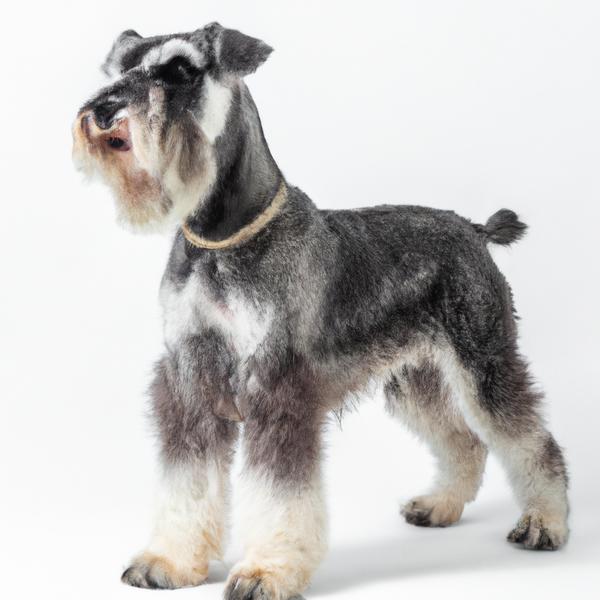
Eskimo Schnauzer
Silkese vs Eskimo Schnauzer

Shiba Corgi
Silkese vs Shiba Corgi
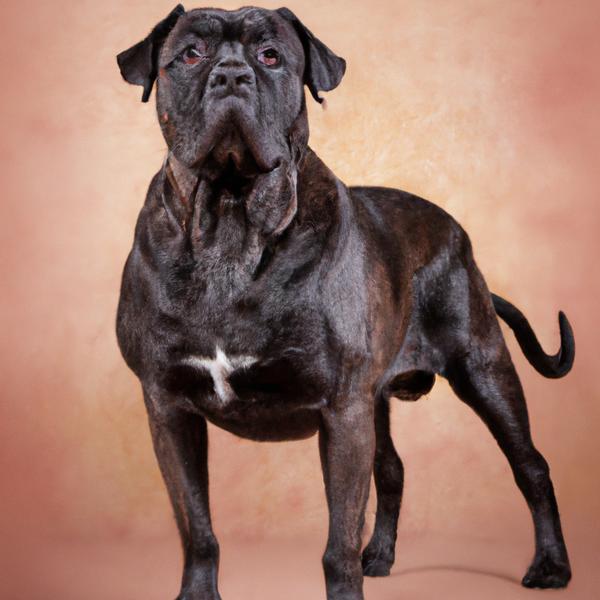
Cane Corso
Silkese vs Cane Corso
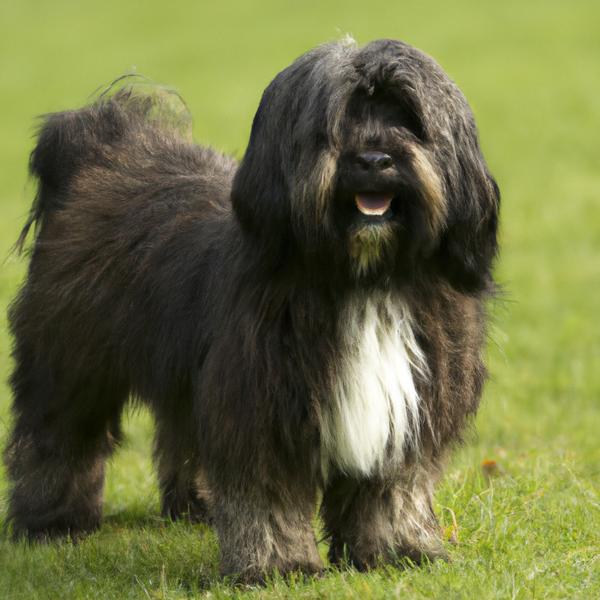
Lowchen
Silkese vs Lowchen
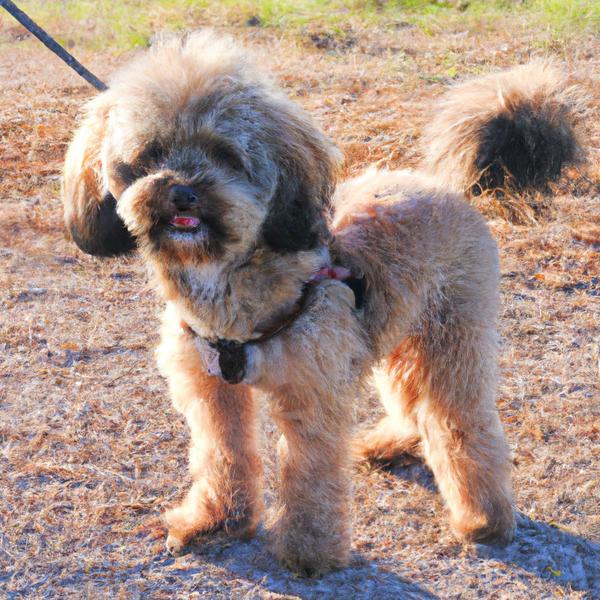
Poo-Ton
Silkese vs Poo-Ton
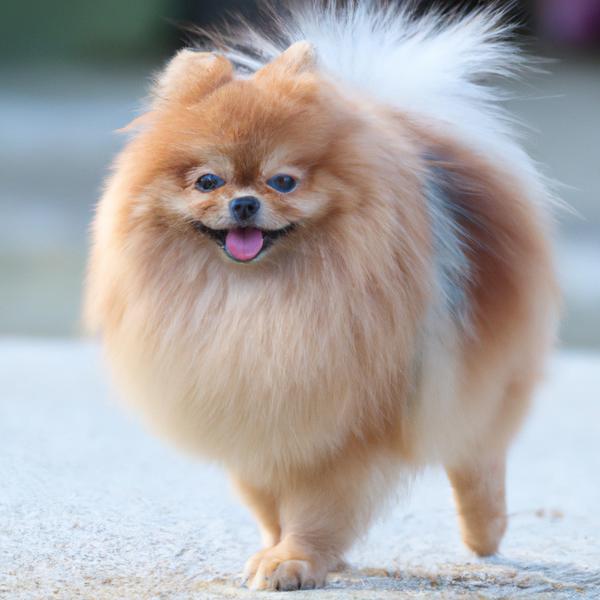
Paperanian
Silkese vs Paperanian
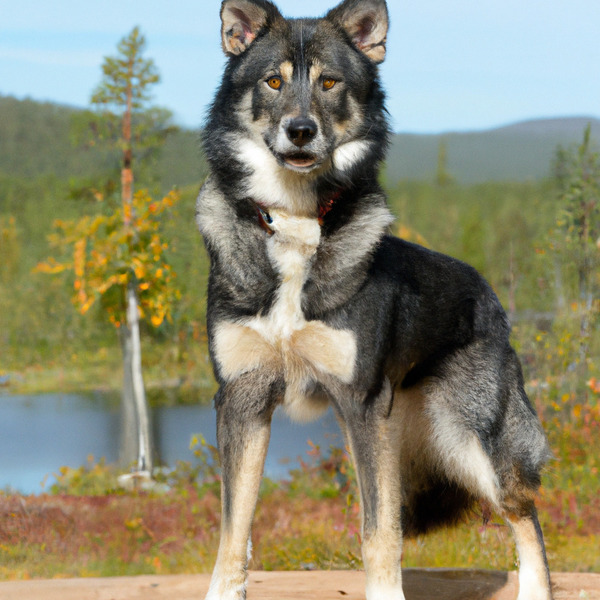
Lapponian Herder
Silkese vs Lapponian Herder
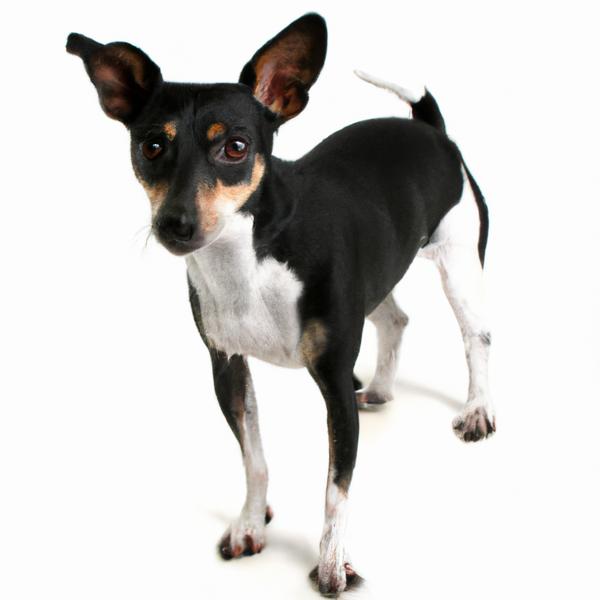
Rat Terrier
Silkese vs Rat Terrier
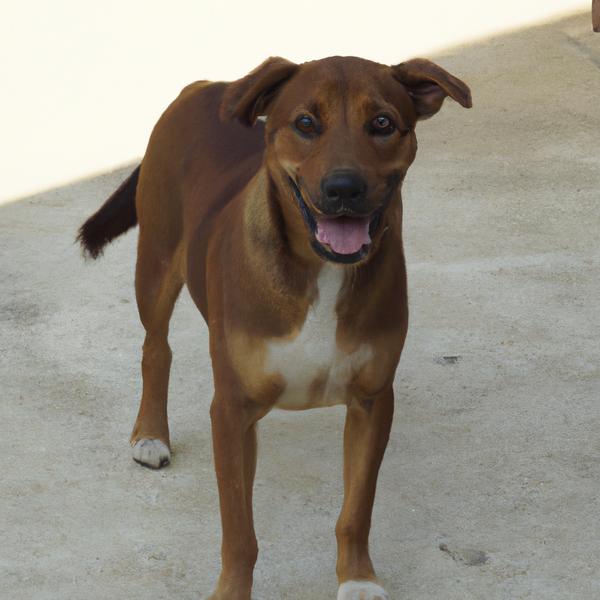
Rottle
Silkese vs Rottle
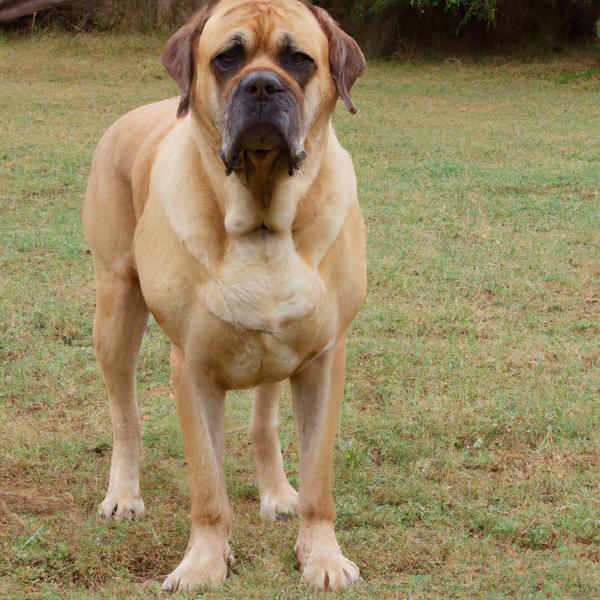
Golden Bullmastiff Retriever
Silkese vs Golden Bullmastiff Retriever
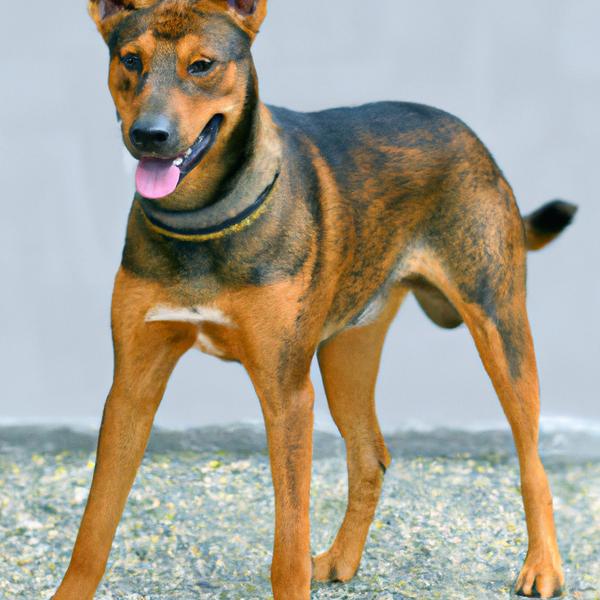
Bostalian
Silkese vs Bostalian
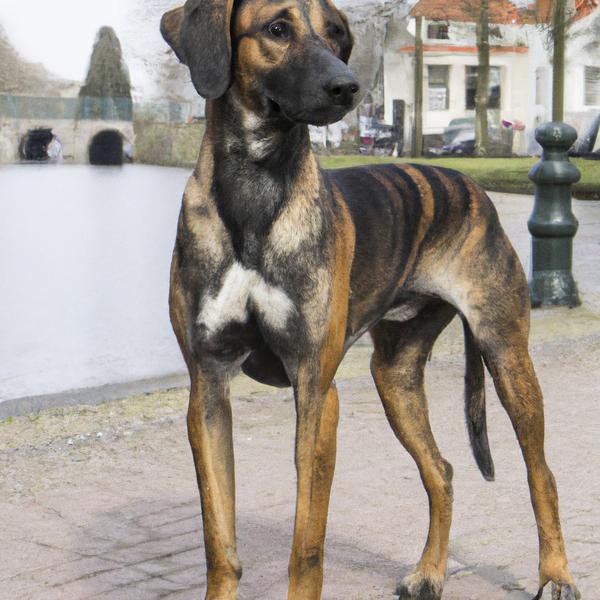
Mali-dutchie
Silkese vs Mali-dutchie
